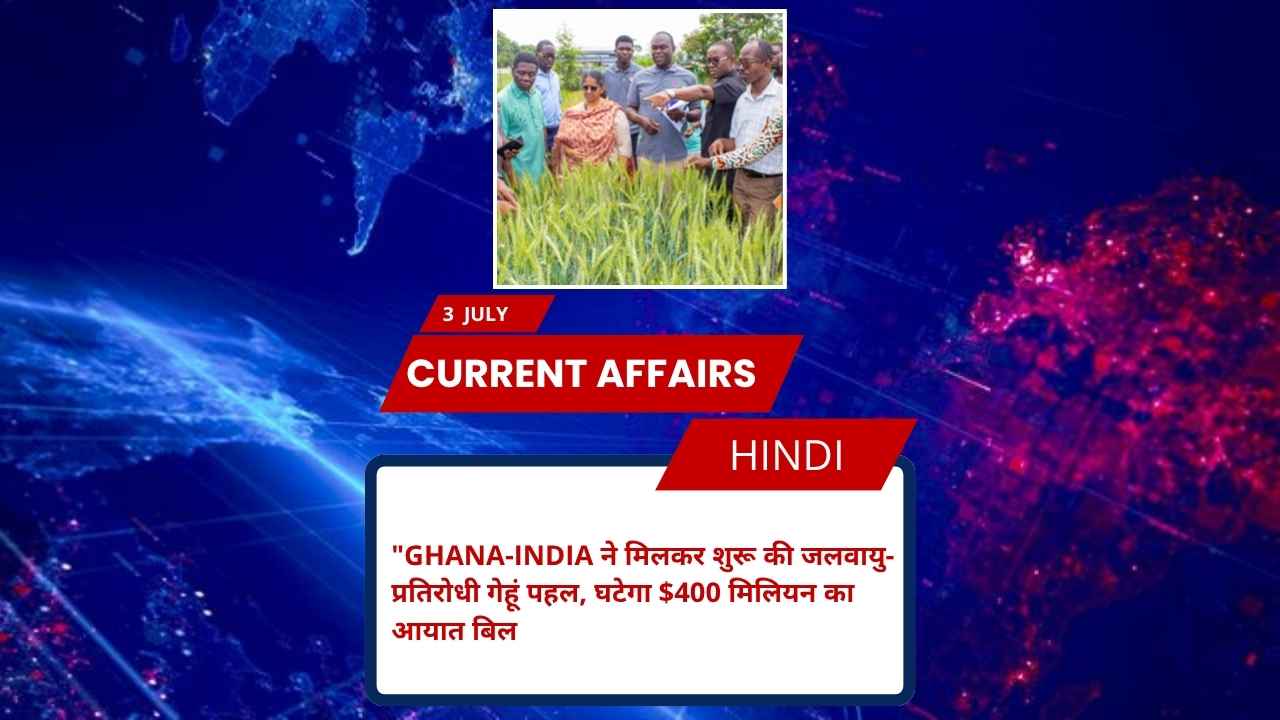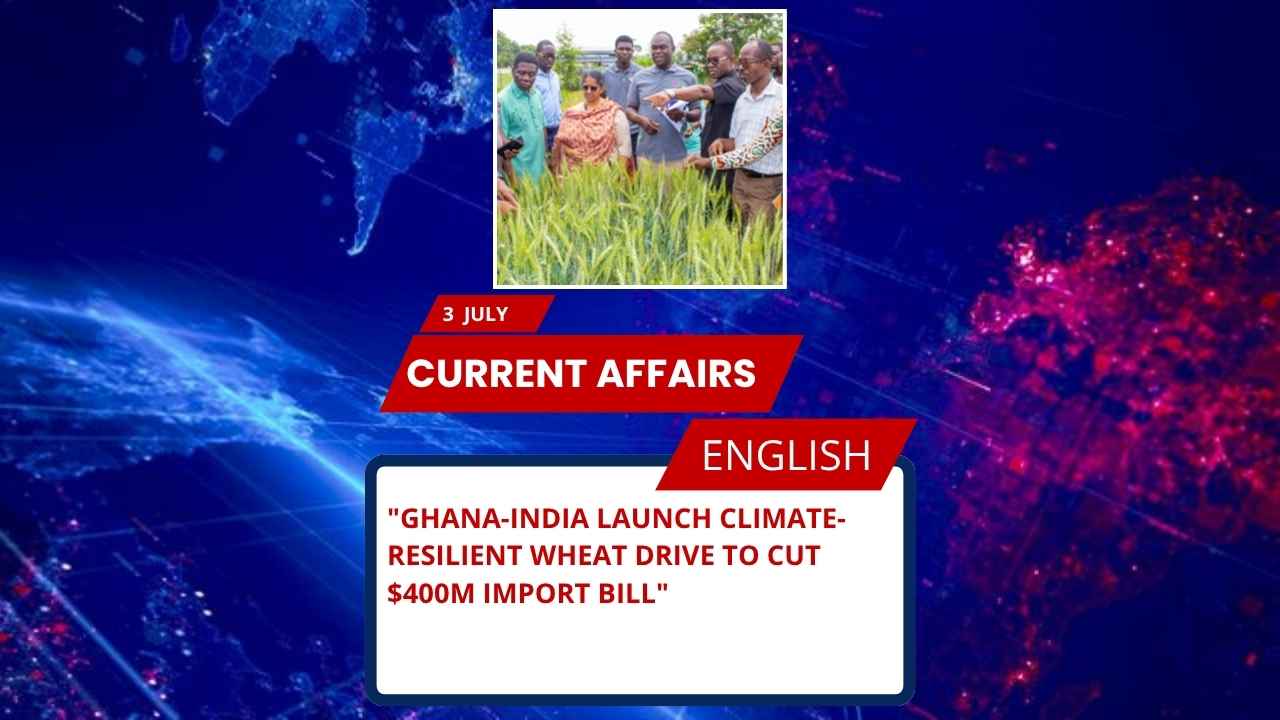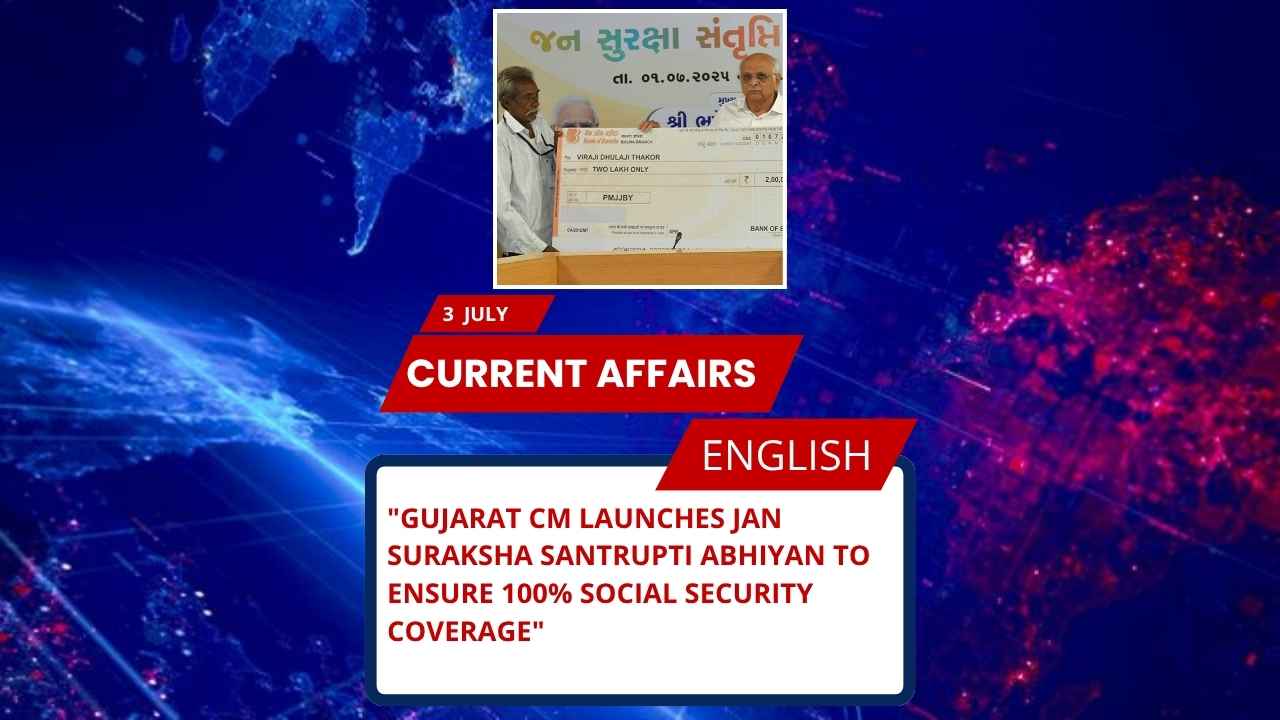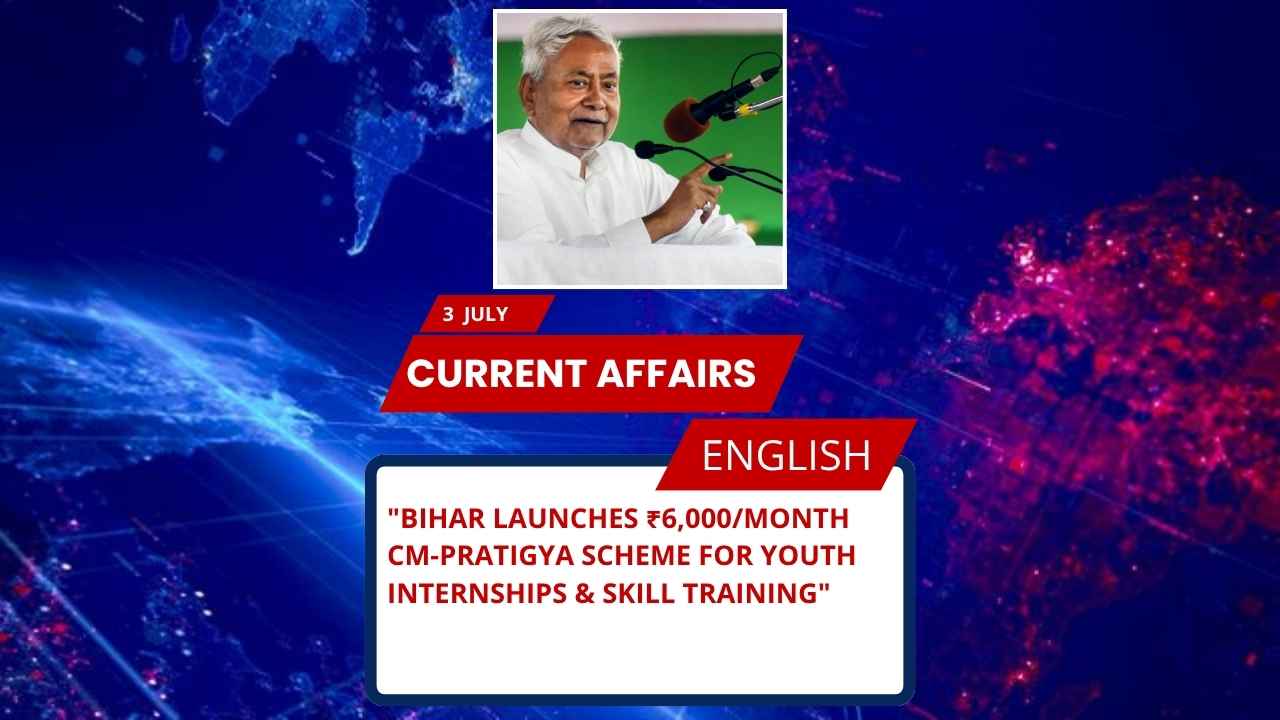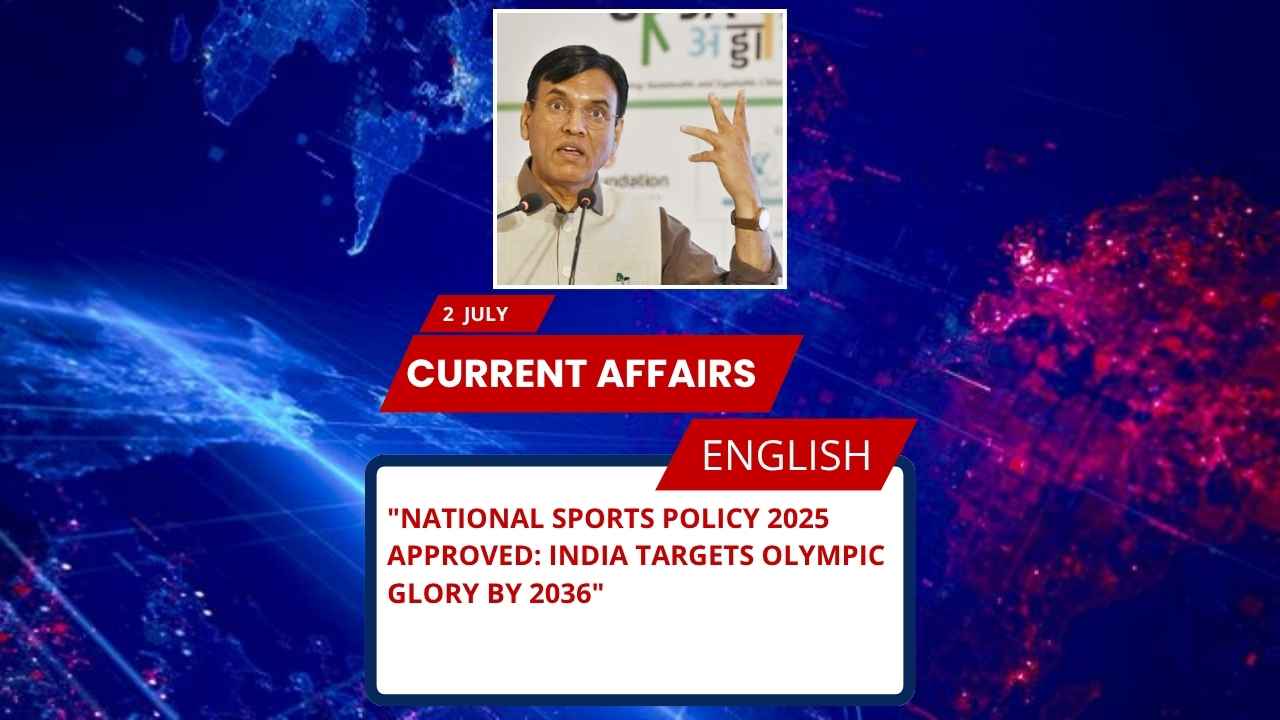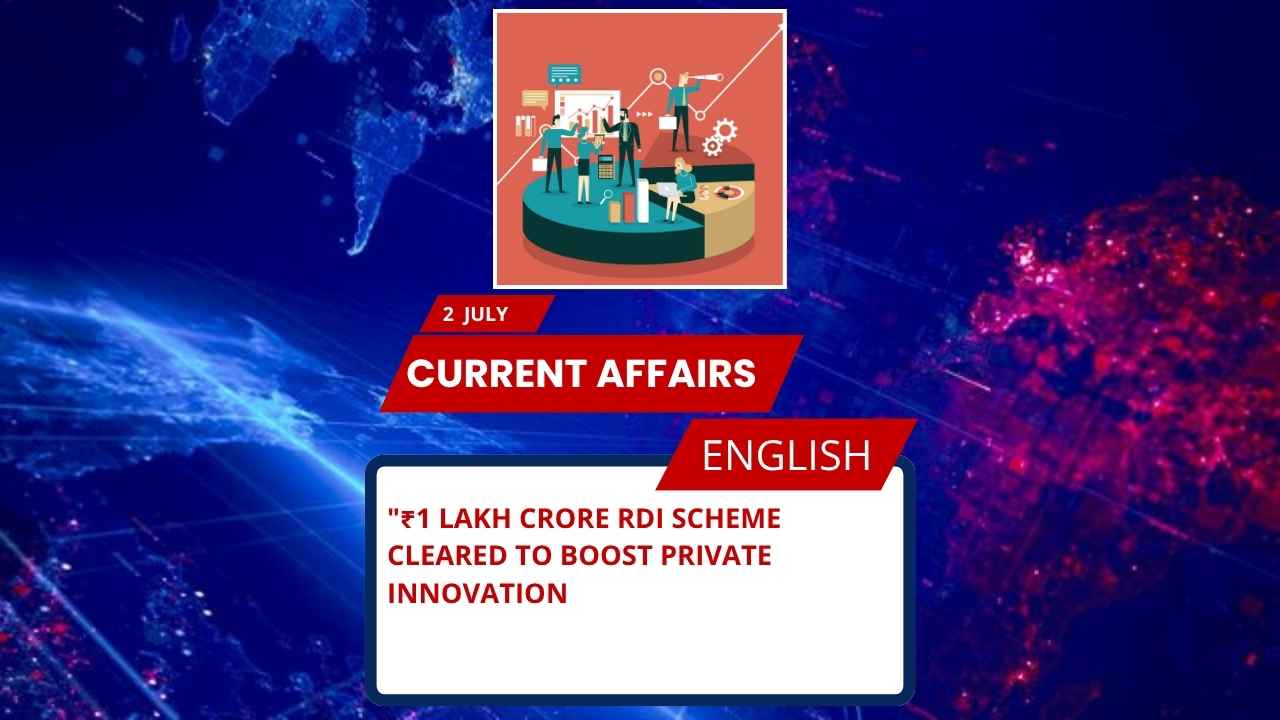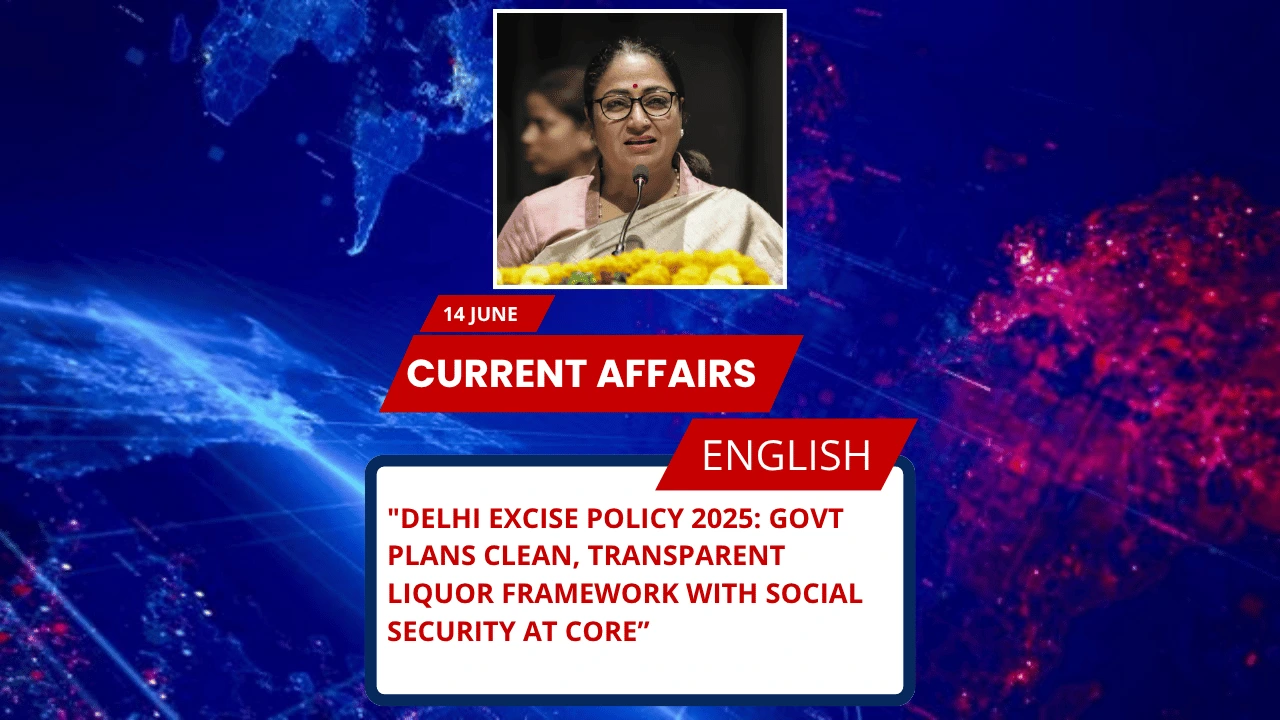
Key Points for SSC, UPSC, and Other Government Exams
- Delhi Government is preparing a new excise policy focused on transparency, accountability, and social safeguards.
- A high-powered committee led by Chief Secretary Dharmendra Kumar will submit recommendations by 30 June 2025.
- Emphasis on digitisation of liquor sales, quality testing, curbing illegal liquor, and strict regulatory oversight.
- The policy prioritises public interest over corporate profits, unlike the previous excise regime.
- CM Rekha Gupta highlights a people-first approach with focus on safety, health, and welfare of vulnerable sections.
- Comparative study of excise policies of other Indian states will guide reforms.
Complete Details
Delhi Government’s New Excise Policy 2025 – A People-Centric Liquor Reform
The Delhi Government, under Chief Minister Rekha Gupta, is set to introduce a revamped excise policy aimed at modernising the liquor sector while safeguarding public interest. The proposed reforms seek to correct the flaws of the earlier regime, criticised for favouring select private entities at the cost of public welfare.
Policy Objectives – Transparency, Quality, and Social Responsibility
The government’s blueprint includes:
- Digitisation of liquor sales to ensure accurate tracking and reduce fraud.
- Scientific quality testing of liquor to prevent sale of harmful or substandard products.
- Strict measures to eliminate illegal sales and prevent alcohol misuse.
- Transparent licensing processes to curb corruption and undue advantage to private players.
- Public awareness campaigns to discourage alcohol misuse, especially in public places.
Committee and Timeline
A high-powered committee led by Chief Secretary Dharmendra Kumar is tasked with:
- Reviewing Delhi’s past excise policies.
- Studying best practices from other Indian states.
- Finalising recommendations by 30 June 2025.
Social Security at the Core
CM Rekha Gupta underlined that the policy is designed not just as an economic reform, but as a social contract. The government is committed to ensuring that modernisation does not harm the health, safety, and peace of marginalised communities.
Important Statement: “Unlike the past regime, which prioritised corporate profits, this policy puts public interest first,” said CM Rekha Gupta.
Criticism of the Previous Regime
- The old excise policy is labelled as corrupt and biased, facilitating unfair advantage to private firms.
- Investigations into the policy’s misuse led to its scrapping and legal consequences for former ministers and the ex-CM.
Important Facts About Delhi
- Capital: New Delhi
- Chief Minister (2025): Rekha Gupta
- Lieutenant Governor: V.K. Saxena
- Major Rivers: Yamuna
- Important National Parks: None (Delhi has city forests and biodiversity parks, e.g. Asola Bhatti Wildlife Sanctuary)
Exam-Style MCQs
1. Who is leading the high-powered committee for Delhi’s new excise policy recommendations?
A) Rekha Gupta
B) Dharmendra Kumar
C) V.K. Saxena
D) Arvind Sharma
Answer: B) Dharmendra Kumar
2. What is the deadline for submitting the committee’s recommendations on the new excise policy?
A) 15 July 2025
B) 30 June 2025
C) 31 August 2025
D) 01 September 2025
Answer: B) 30 June 2025
3. What key feature is being introduced in the new excise policy to ensure transparency?
A) State-run liquor stores
B) Digitisation of sales system
C) Ban on liquor consumption
D) Free liquor for low-income groups
Answer: B) Digitisation of sales system
4. What is the major river passing through Delhi?
A) Ganga
B) Yamuna
C) Saraswati
D) Brahmaputra
Answer: B) Yamuna
UPSC-Style FAQs
Q1. Critically analyse the objectives of Delhi’s proposed new excise policy 2025.
Answer:
Delhi’s proposed excise policy 2025 aims at balancing economic modernisation with public welfare. The core objectives include digitisation to enhance transparency, quality testing for consumer protection, and elimination of avenues for corruption that marred the earlier policy. Importantly, the policy puts social safeguards at the forefront by ensuring that reforms do not compromise the safety or well-being of marginalised communities. The inclusion of comparative analysis with other Indian states shows a commitment to adopting proven best practices. However, successful implementation will depend on effective enforcement and public cooperation.
Q2. Discuss the significance of digitisation in excise policy reform, with reference to Delhi’s 2025 proposal.
Answer:
Digitisation in excise policy reform, as envisaged in Delhi’s 2025 proposal, serves multiple purposes:
- It ensures real-time tracking of liquor sales, minimising scope for fraud and leakage of revenue.
- Enhances accountability of license holders and regulators.
- Provides a data-driven foundation for policy decisions and enforcement actions.
- Improves consumer confidence through better quality assurance.
This move reflects a broader trend of leveraging technology in governance to promote transparency and efficiency. The challenge lies in ensuring seamless integration of digital systems with on-ground enforcement.
Q3. What are the social implications of liquor policy reforms in urban governance, citing the Delhi model?
Answer:
Liquor policy reforms in urban governance, such as Delhi’s new model, have significant social implications. Firstly, they influence public health by controlling quality and accessibility of alcohol. Secondly, they shape social behaviour, as stricter norms discourage public consumption and misuse. Thirdly, they affect vulnerable communities who often bear the brunt of alcohol-related harm. Delhi’s policy promises safeguards through awareness campaigns, scientific testing, and regulated sales. Thus, such reforms are not just fiscal strategies but integral to urban social policy. The real test will be in equitable implementation across socio-economic strata.

